
The market is the fairest mechanism
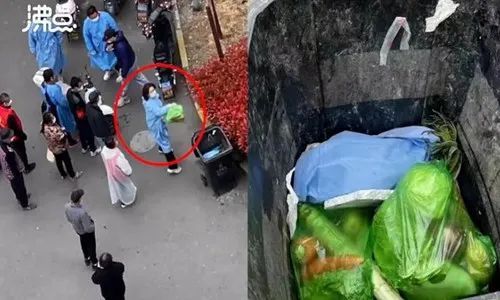
While many Shanghainese were starving and could not eat vegetables, some vegetables that arrived in Shanghai were thrown into the trash can.
On April 14, the Haohai Community Neighborhood Committee of Nanqiao Town, Fengxian District, Shanghai received 80 supplies donated by Liaoning Province, which were used to help families in need such as low-income families, severely disabled people, and key special care recipients. Two days later, someone broke the news on the Internet that some of these materials were not delivered to the rescue targets, but went into the trash can. An auntie in the video lamented: "People donated so much from Liaoning, all of which are wasted. We can't buy vegetables for so many days and can't afford to eat them, it's a waste!"
Under the public outcry, Nanqiao Town Official Weibo appeared on April 18 to "refute the rumors", admitting that some vegetables were indeed "thrown in the trash", but clarified that this was only because when volunteers were sorting out vegetable gift bags, "it was discovered that after a long period of time. With the bumps of time, some vegetables have been rotten, so we will pick out the sprouted potatoes, crushed tomatoes, rotten cucumbers and cabbage and other vegetables for disposal", but "when sorting the rotten vegetables, the original packaging plastic bags are used, And the handling method is not appropriate, causing misunderstandings among residents, for which we deeply apologize."
This apology was made to the residents, but it stabbed the hearts of Liaoning people. At 22:47 on the evening of April 19, the official Weibo of the Liaoshen Evening News responded quickly and refused to take the blame: Liaoning’s 2,300 tons of vegetables in Shanghai this time were transported by cold chain logistics to ensure that the vegetables would not be spoiled due to long-distance transportation or high temperature. Unpacking and sampling will be conducted once every 4-6 hours, and the whole process will be videotaped. It will be handed over to Shanghai in good condition at 18:30 on April 13.
The Weibo emphasized that "Liaoning supports Shanghai and protects it together", and its position was impeccable: "Sheshan and Phoenix Mountain are a thousand mountains; Huangpu River and Liaohe River, all waters have the same source. Liaoning and Shanghai will definitely be able to ride through the wind and rain. Dangerous as a danger, turning a crisis into an opportunity.”
In this way, the spectacle of "Liaoning refuting rumors and Shanghai refuting rumors" once appeared. In the middle of the night on April 21, the official Weibo account of Liaoning Daily made a meaningful statement: "People are doing it, and the sky is watching. Always have a kind heart and continue to do the right thing."
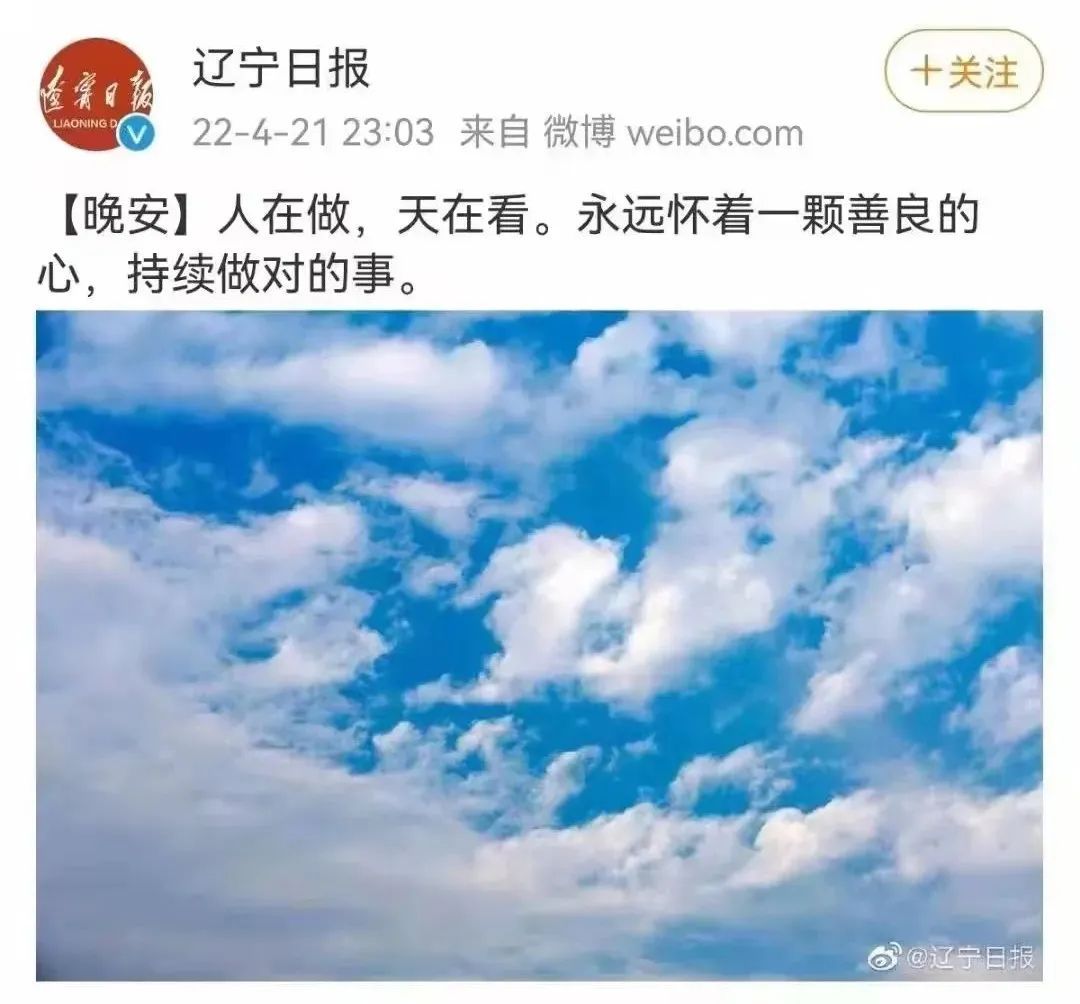
So far, Shanghai's response can be said to be a complete failure. Regardless of whether these vegetables are really spoiled, it seems that at least there is no evidence that the responsibility lies with Liaoning. bumps" this point up.
Talking to a Northeastern friend about this, he laughed: "Shanghai cadres are still too tender. Our Northeastern cadres will at least take three steps more in their work. They have rich experience in struggle and have left their backers long ago. They are all talented people. Ah. But once it's cooked twice, the cadres in Shanghai will probably learn it soon."
Whether this is the case is unknown, but one thing seems to be true: the materials donated by Liaoning this time, the transportation process is beyond specifications, the whole process of cold chain, the whole process of video, regular sampling, of course, this is also to ensure that fresh vegetables arrive in Shanghai It's in the hands of people, but I'm afraid I've already expected some kind of moth, and I'll be scolded for my good intentions, so I'll guard against your trick.
That is to say, the Shanghai side must have done a poor job, and they want to pass the buck when something goes wrong, but the Liaoning side obviously understands what the bureaucratic system is like.
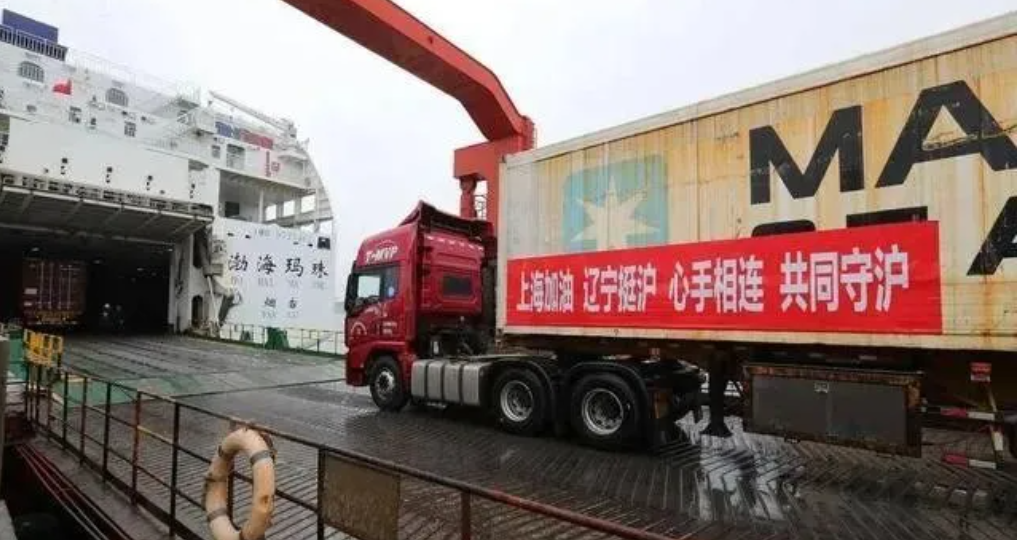
Different people will have different questions and different answers to this matter. There are originally several completely different ways of interpretation and attribution, which are different objects of attribution and attribution from different perspectives. In this regard, the key point is: when different perspectives and relevant parties use narratives and discourses When accusing each other, what shall prevail?
In the opinion of some people, the confusion in Shanghai grassroots organizations in guaranteeing supply is not because of rough work, but because of a moral issue. There is a new joke on the Internet:
"Please describe the current situation in Shanghai in one sentence."
"Shanghai greed has made Shanghai Tang into Shanghai paralysis."
Whether they are greedy, I have no proof, but this line of thinking seems to assume that if they were not greedy, Shanghai would not be like this. That is to say, it assumes that the system and direction are not wrong, but that the individual is morally corrupt and insufficiently competent. This actually calls for a stricter morality and builds on it a stronger system of totalitarianism.
Why is Shanghai like this? Another northern friend of mine was quite puzzled: "The last mile in Shanghai is more serious than other places. It is reflected in the fact that no one delivers it without delay, and it also has a unique high price problem. This is administrative power after all. Strong performance, or is administrative power overpenetrated by economic monopoly?"
He doubts whether there is some special local feature hidden in it: "This idea of solving problems at a high price (rather than monopoly itself) is protected by a specific culture, why does it dare to be so rampant and appear repeatedly? And the previous disease To what extent does the recording of the 'whistle' control reflect the abandonment of grassroots medical care and even local officials? Why haven't I heard any serious reflections on local issues in Shanghai? It seems that Shanghai is always a subject of reflection on other people and other places. And itself refuses to be stared at."
Shanghai, he said, "isn't about emphasizing what you've done for others, so you're right (should not have done it) like other places; it's stressing that you're right (doing and not doing) in a conflict of opinions, and then Justify your actions with this. Arguing with each other is not the worst, the worst is contempt in the name of justice and advancement."
It seems that, in his eyes, Shanghai is a special individual under the overall situation: it is maverick and does its own thing, and until it has made a lot of bad things, it still neither wants to be active nor does it reflect on its own problems. , even with a certain sense of superiority that dislikes others - at least, no matter what others think, Shanghai seems to insist that its approach is right.
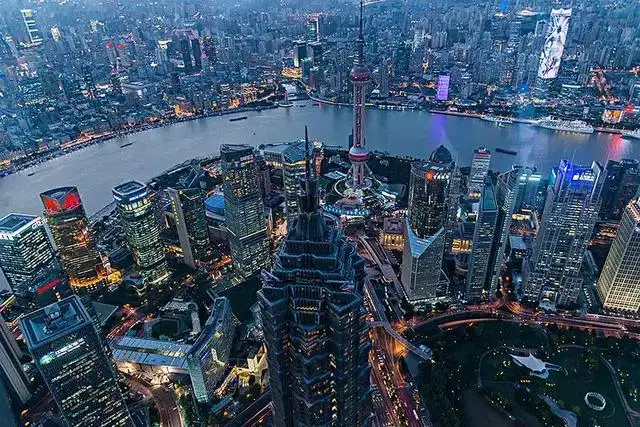
If so, then I take this as a tactful compliment to Shanghai. He's right, it's true that metropolises are more likely to have a salient (and sometimes unpleasant) subjectivity, not least in the fact that they don't care so much about what others think of them.
In The Australian, Donald Horne said: "Sydney is indifferent to itself and to other capital cities. Other cities are self-conscious and always aware of Sydney's existence. It always surprises Sydneysiders. "
This is more or less a reflection of Shanghai, and in this respect some of the reactions in Shanghai are not so much the result of the character of the Shanghainese as it is the structural position of Shanghai in the domestic urban system.
As a city with super-complex living needs, Shanghai does rely more on the power of the market to realize the allocation of resources, and when the market is artificially blocked, the paralysis is even more serious. This is something that cannot be made up for by the moral efforts of grassroots cadres. Even if they are not greedy, they cannot do it. The Shanghai grassroots organization did pull the hips this time, but this is not necessarily a bad thing on weekdays. If it becomes active and promising after that, I am worried.
Of course, high prices may also be driven up by some people, but even so, the fundamental reason for the high prices is that the original market has been paralyzed, resulting in a great distortion of the supply and demand relationship. At this time, high prices are a "normal" market reaction. Otherwise, you still expect everyone to be a moral saint who does not take the opportunity to make money despite rising shipping costs?
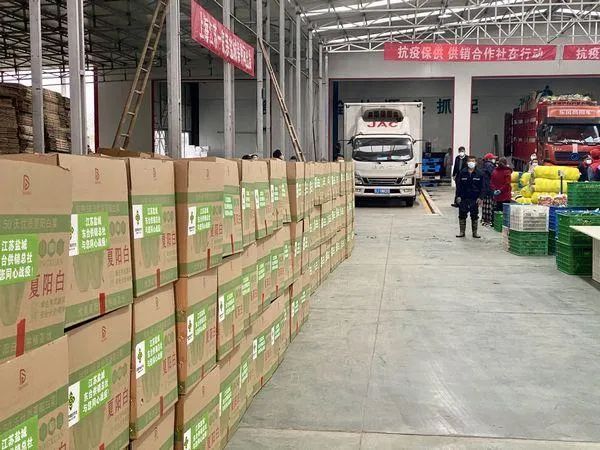
Of course, this time, all parts of the country rushed to Shanghai, and Liaoning donated 2,300 tons of vegetables. Earlier, Jiangsu Yancheng also announced that it had supplied 25 million tons of agricultural and sideline products to Shanghai, triggering the joke of "one ton per capita in Shanghai". I also have friends from other places who are unhappy about this, because it is a fact that Yancheng has tried its best to ensure the supply of Shanghai, but the people of Shanghai are making a big fuss about this obvious clerical error, which is really "unkind". This time, if Liaoning hadn't kept a hand, it would have been impossible to argue.
There is no shortage of people who have sourly found that many Shanghainese do not appreciate these aids very much. Although there are open letters from Shanghai residents thanking Jiangxi for aid, in most cases they are not grateful. This time, some citizens received the snail noodles aided by Guangxi, or the bacon supported by Sichuan, but my friends from Shanghai said: "I want to eat snail lion noodles and bacon, just buy it myself, why should I owe Guangxi? The love of the people and the people of Sichuan? Isn't this a very simple truth?"
This is indeed the typical logic of Shanghai people: market transactions are the simplest relationship, why do you have to be so clingy to be grateful and owe love? The two do not owe each other. What I am most afraid of is that you have given yourself what you think is the best, but I don't actually like it. Isn't it embarrassing?
That northern friend is actually right. If other places are like members of a big family and need to accumulate moral capital by emphasizing what they have done for others, then Shanghai more often shows a kind of "leave me alone". Attitude - so the supreme counter-argument of Shanghai people is "to fight with you", even if you don't like me, what does this have to do with you?
Chinese people are no strangers to such a big family scene: everyone feels that they have contributed more to the whole family and others, that they are treated unfairly, and have a great ability to rationalize their own behavior. , and put the blame on others. This often leads to endless strife and resentment, and in the end it is still difficult to get a distribution that everyone is convinced of.
This is also present in the present. Of course, the market may not be perfect, but in comparison, I am afraid it is the fairest distribution mechanism: under the premise of reasonable supervision, two-way choice, one hand pays the other hand, and the two do not owe each other.
If you're asking me what I think about this event, I think the biggest lesson is this: We shouldn't be in this situation in the first place, and we shouldn't disrupt the market mechanism at any time. We are living with the consequences of this right now, but it's better not to have another one.
Like my work?
Don't forget to support or like, so I know you are with me..
Comment…